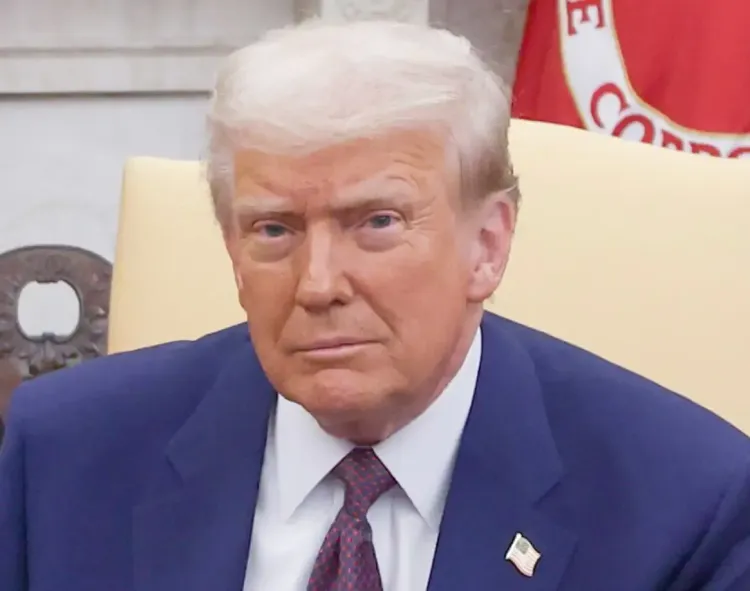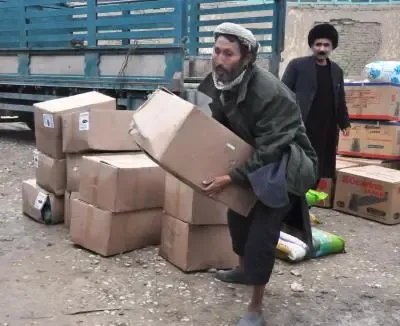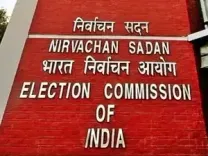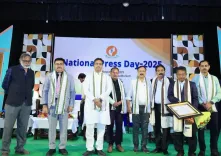Will the H-1B Visa Crackdown Drive US Firms to Relocate Operations to India?

Synopsis
Key Takeaways
- H-1B visa changes could lead to a shift of US operations to India.
- Global capability centers (GCCs) may experience significant growth.
- US firms are reevaluating workforce needs amidst these changes.
- High-end work related to AI and cybersecurity is likely to move to India.
- The DHS aims to revise the H-1B visa selection process.
Washington, Sep 30 (NationPress) Just days after US President Donald Trump enacted a proclamation aimed at significantly reducing the H-1B visa program and revising its regulations, a report indicates that these actions will "accelerate the migration of essential operations to India by US companies."
An article highlights that the measures taken by the Trump administration could lead to "propelling the expansion of global capability centres (GCCs) that manage a range of functions from finance to research and development."
The report features insights from Rohan Lobo, a partner and GCC industry leader at Deloitte India, who noted that "many US companies are reevaluating their workforce requirements."
"Plans are currently in motion for this transition, indicating increased activity in sectors like financial services and technology, particularly among firms engaged with U.S. federal contracts. GCCs are exceptionally positioned for this scenario. They function as an immediate in-house engine," the report elaborated.
Furthermore, the article suggests that if the new visa restrictions remain unchallenged, "industry analysts anticipate that US companies will move high-level tasks associated with artificial intelligence, product development, cybersecurity, and analytics to their India GCCs, preferring to retain strategic roles in-house rather than outsourcing them."
On September 19, Trump signed a proclamation targeting the H-1B visas, introducing a $100,000 fee for each new application. He asserted that this would serve as an "incentive to employ American workers."
This proclamation led to significant confusion, seemingly implying that it would affect current H-1B visa holders, who might encounter challenges in re-entering the United States.
The White House later clarified to IANS that this is a "one-time fee" applicable only to new visa applications and not to renewals or existing visa holders.
Shortly after, the US Department of Homeland Security (DHS) proposed changes to the regulations governing the H-1B visa process.
The DHS's initiative aims to eliminate the existing lottery system in favor of a weighted selection method that it claims will prioritize the distribution of H-1B visas to more skilled workers.









